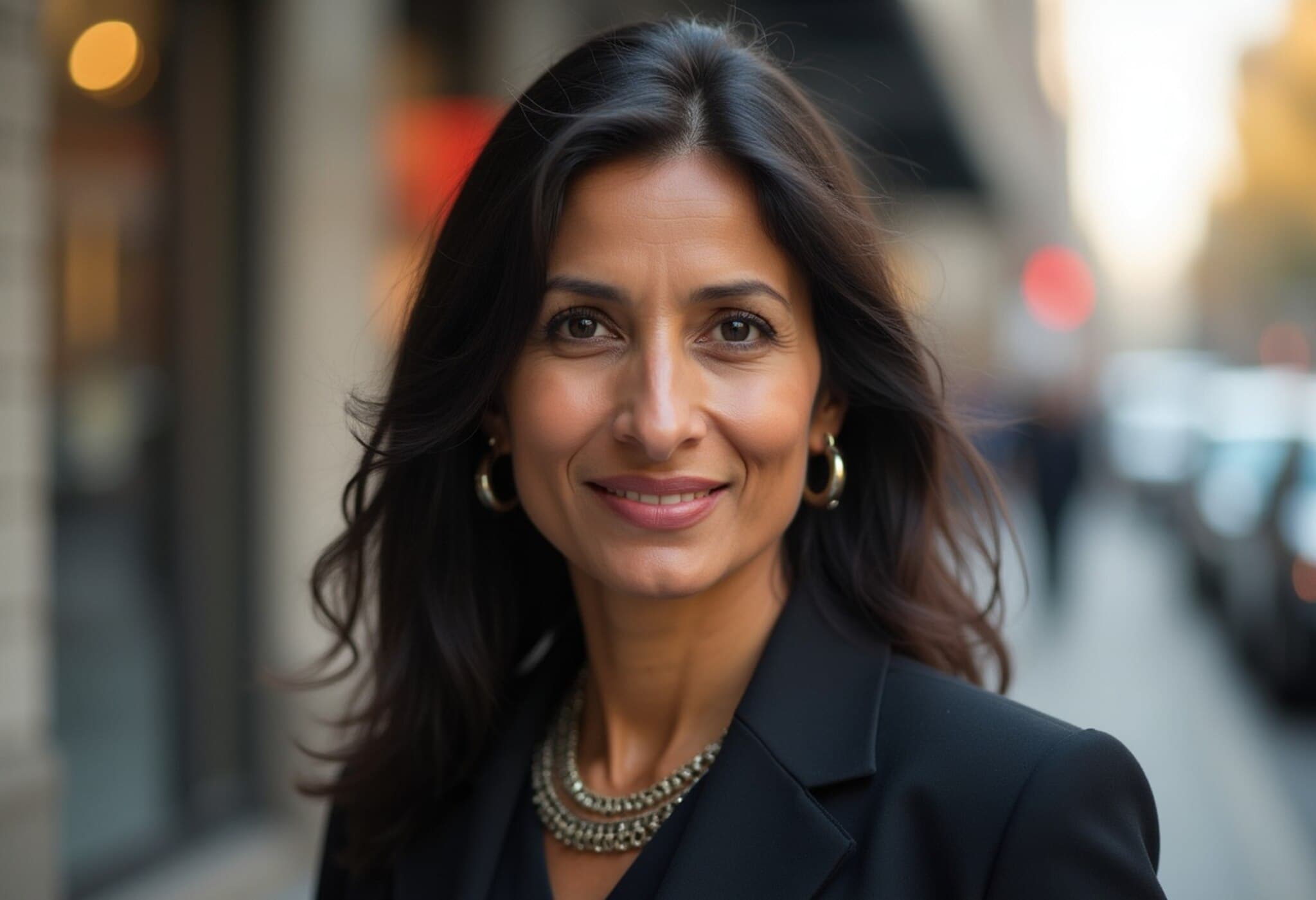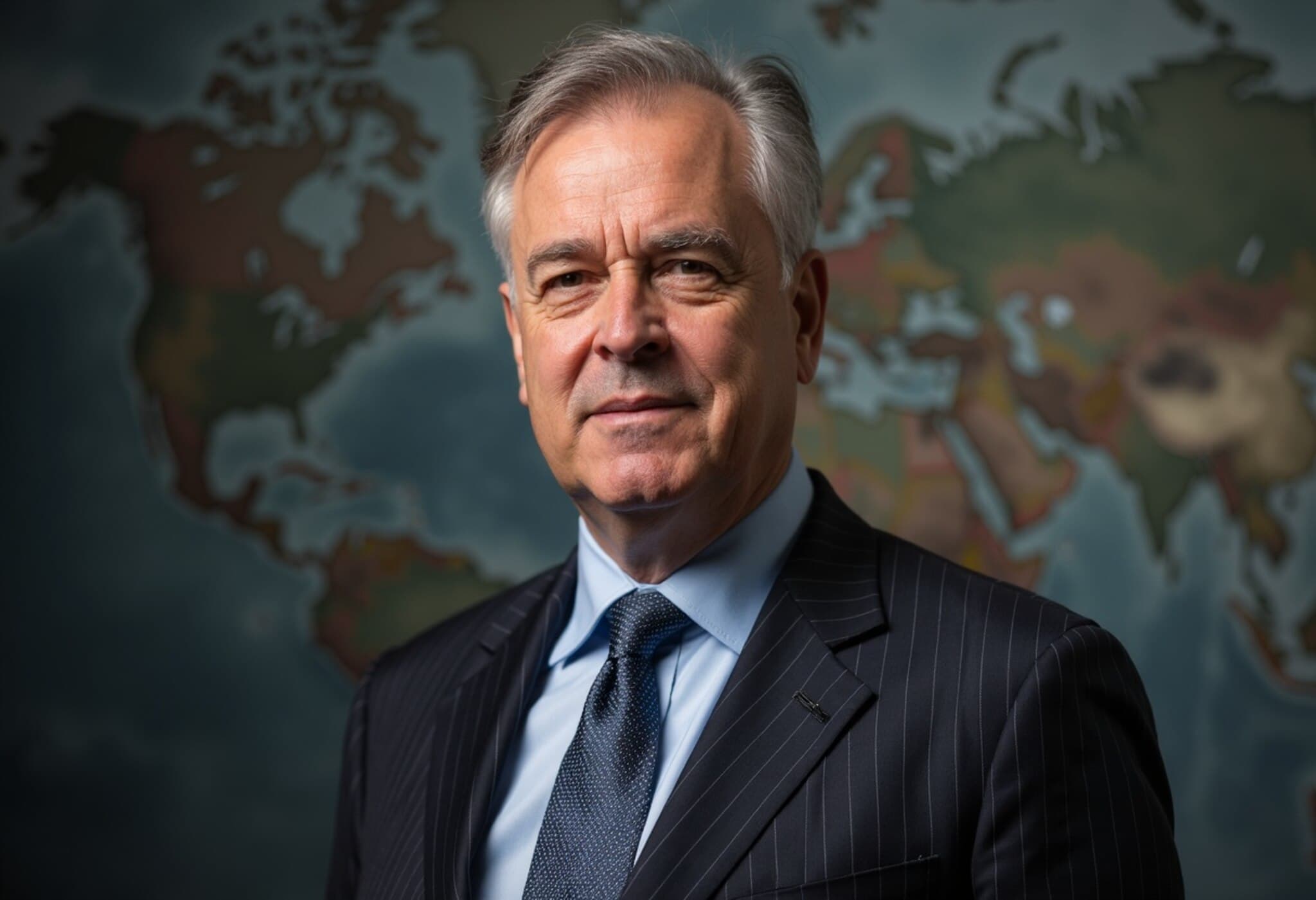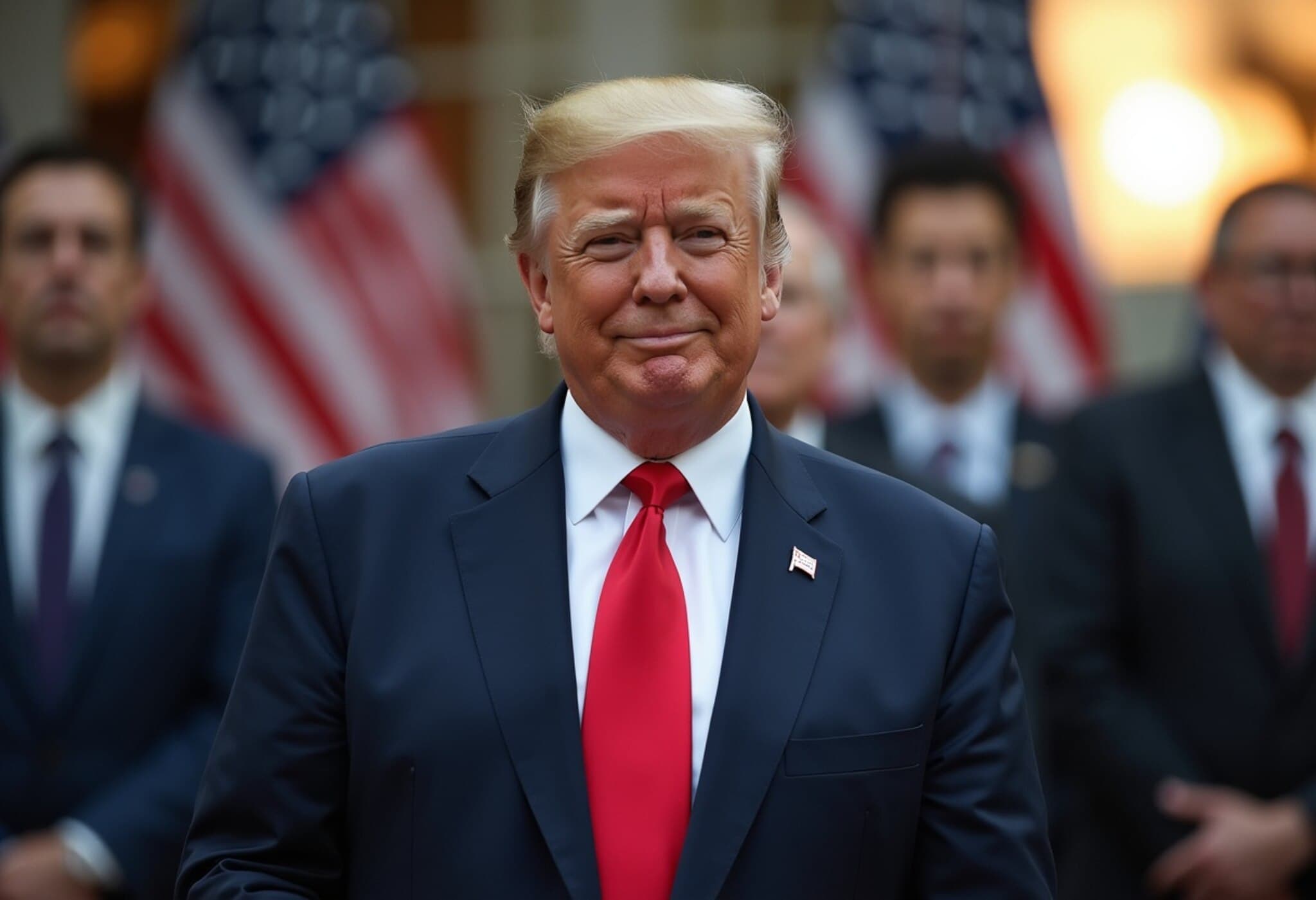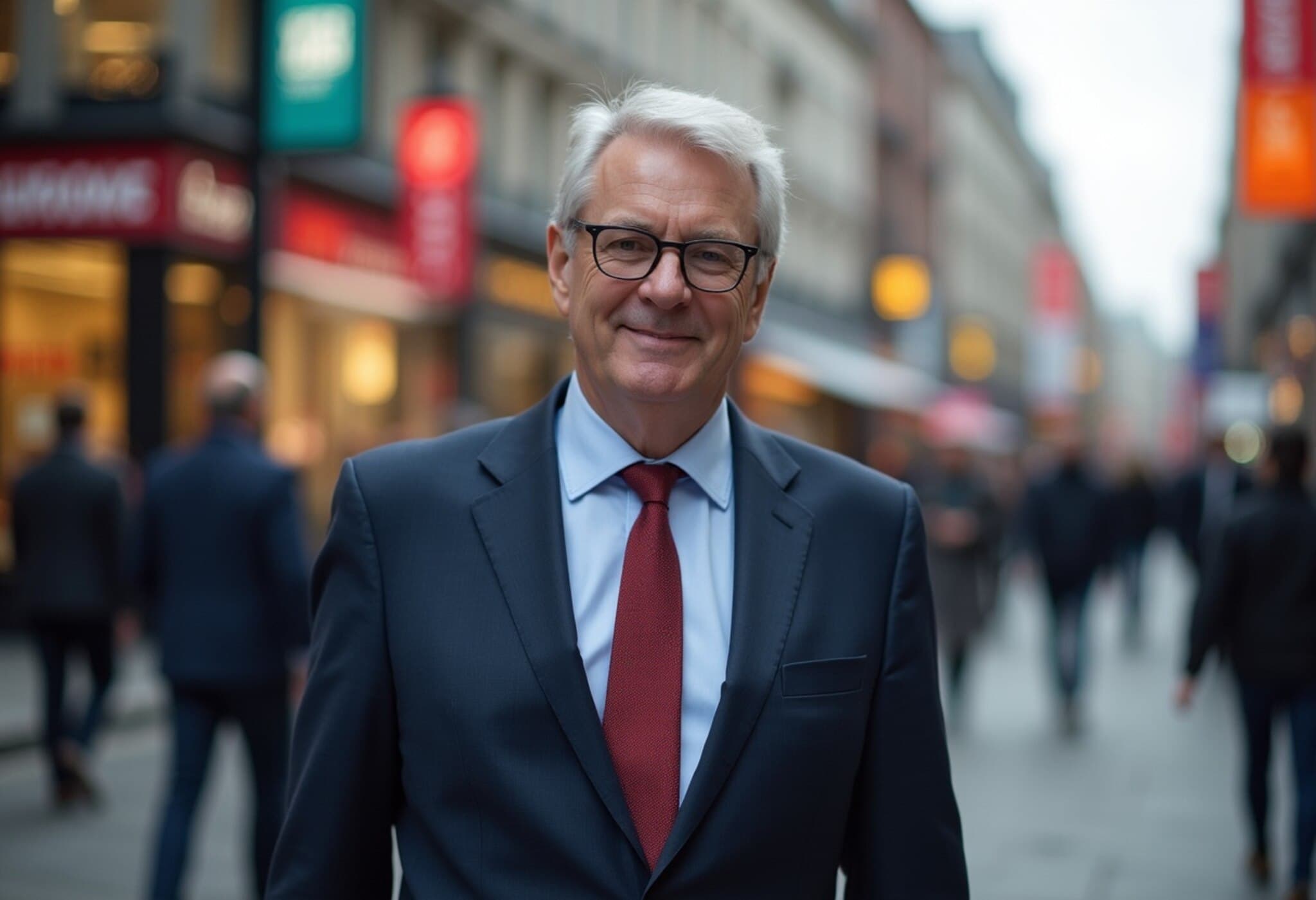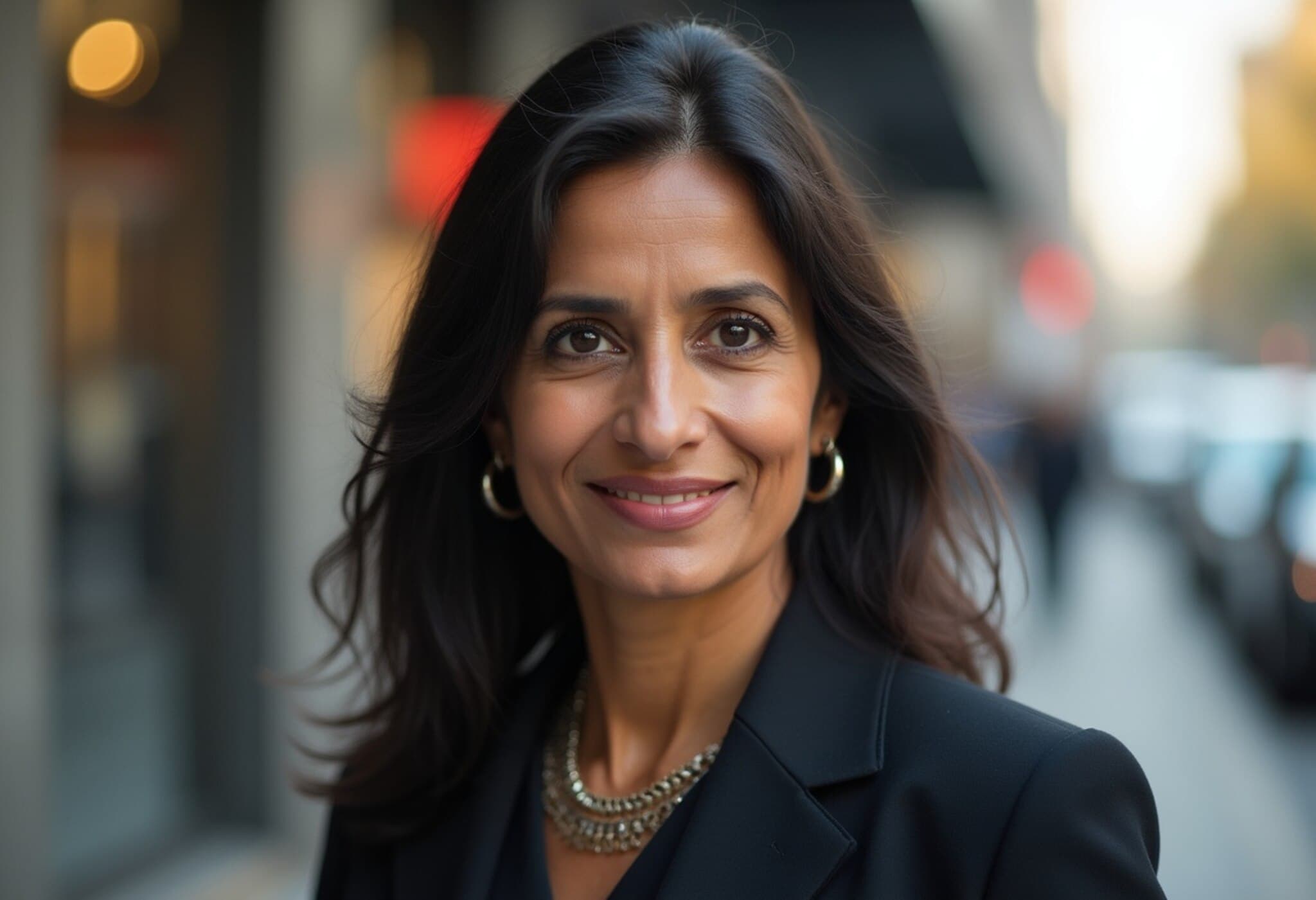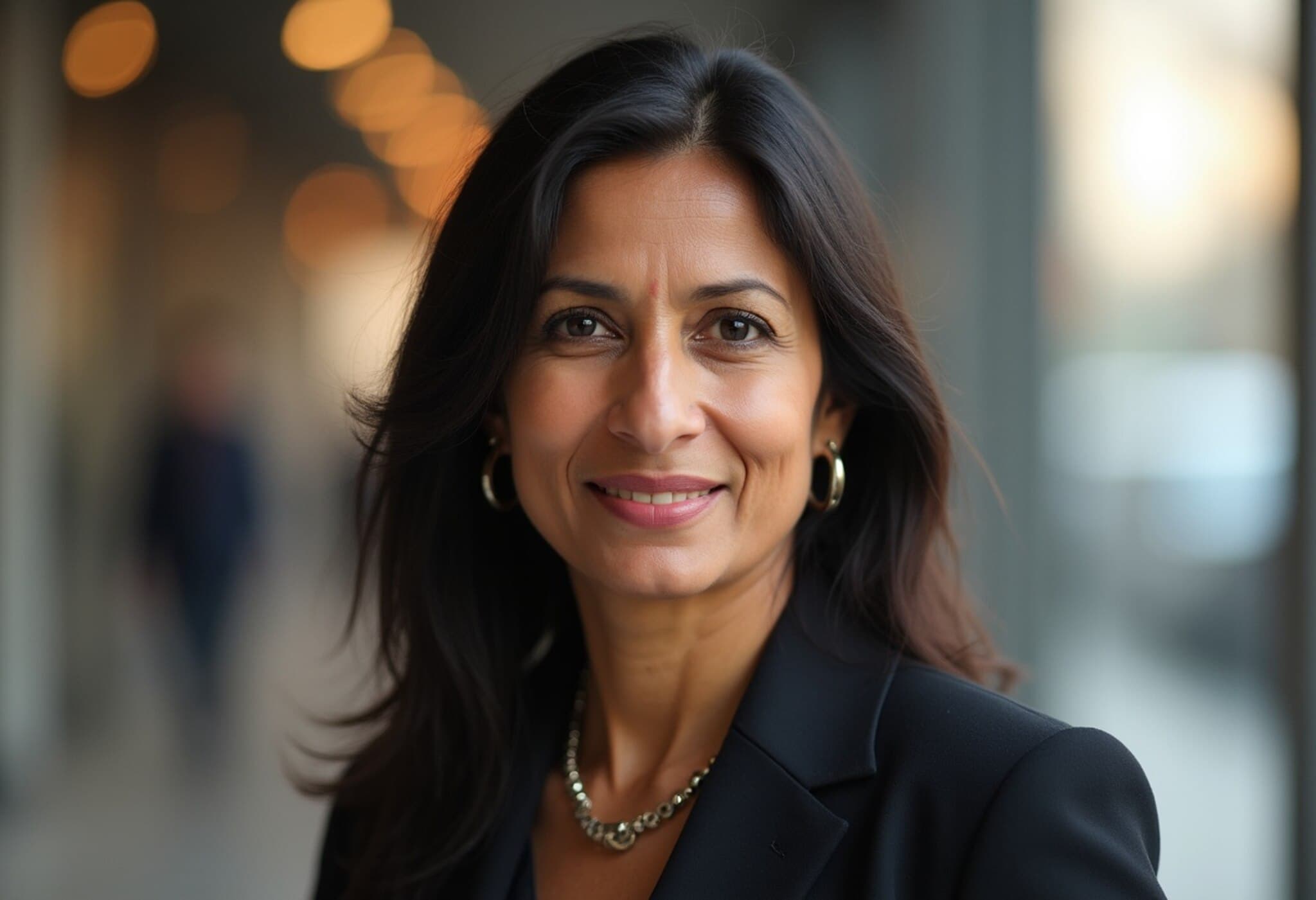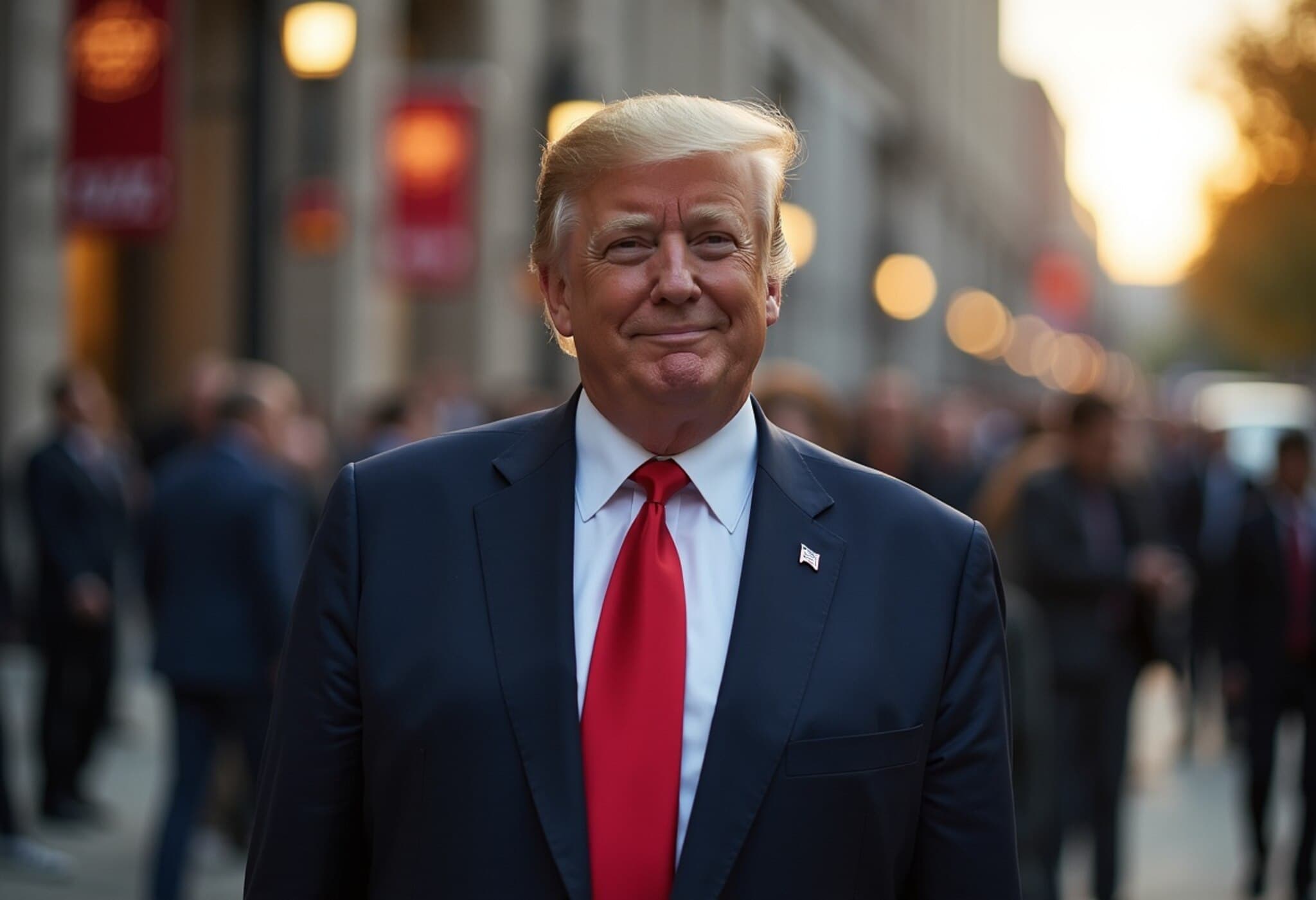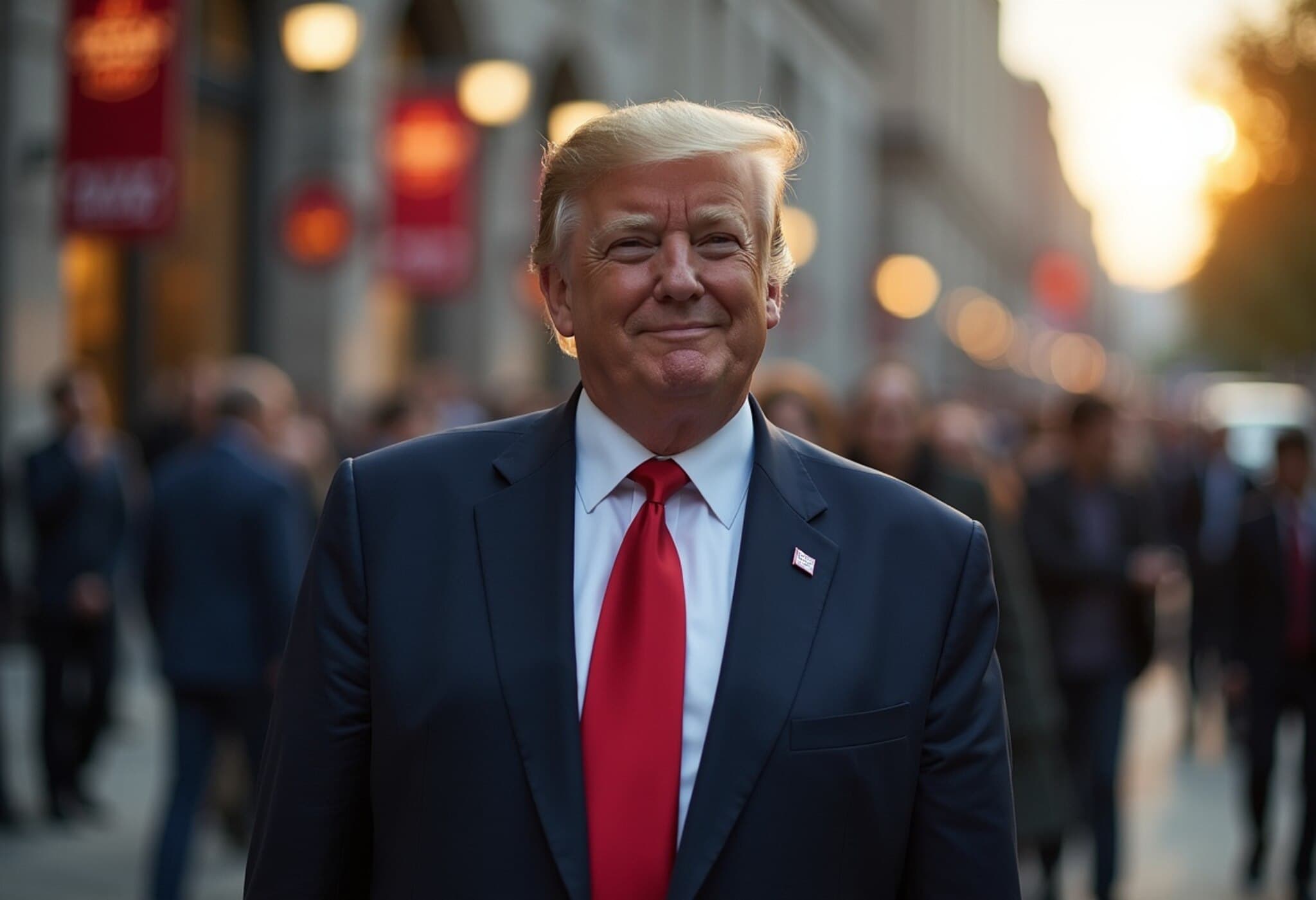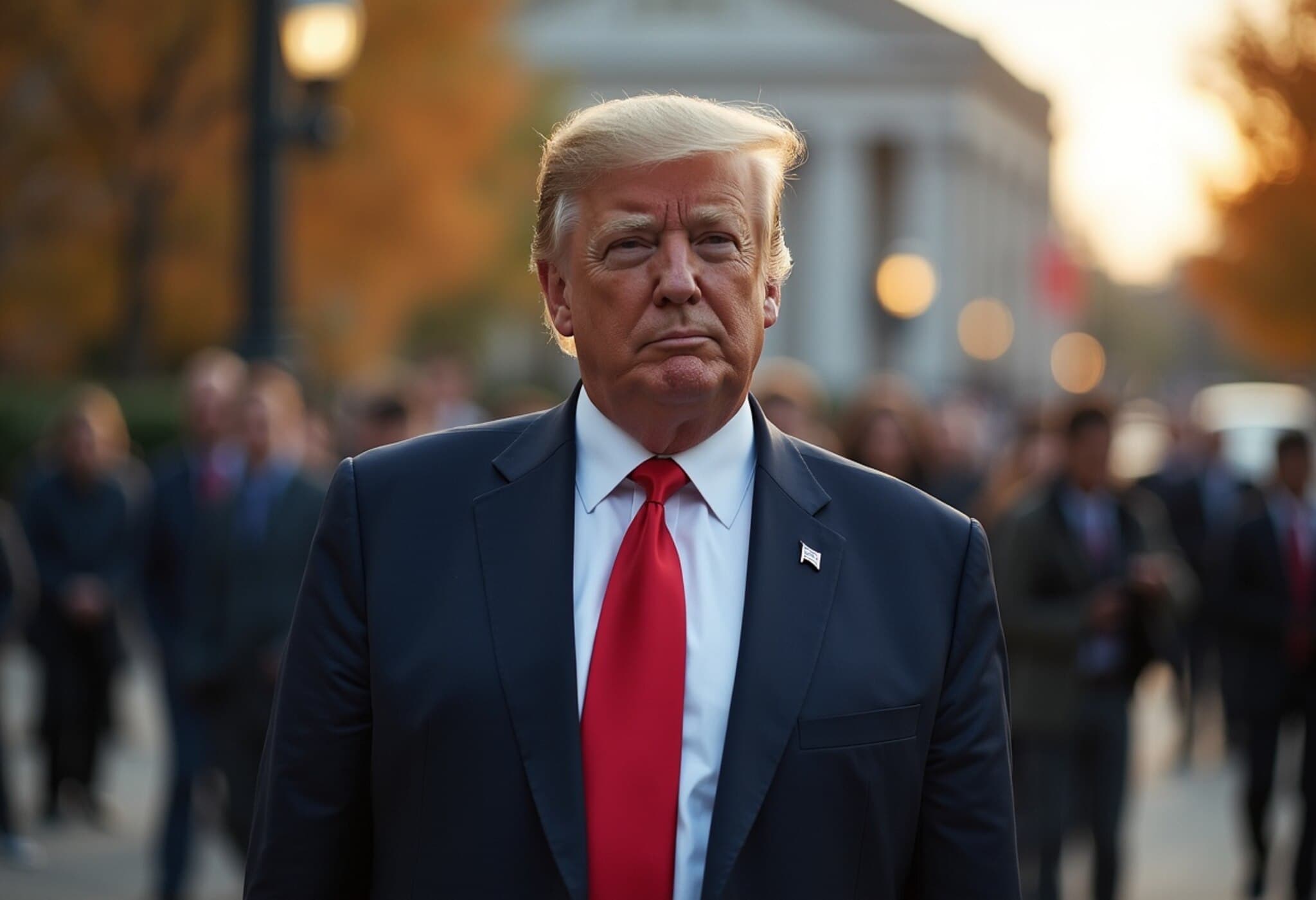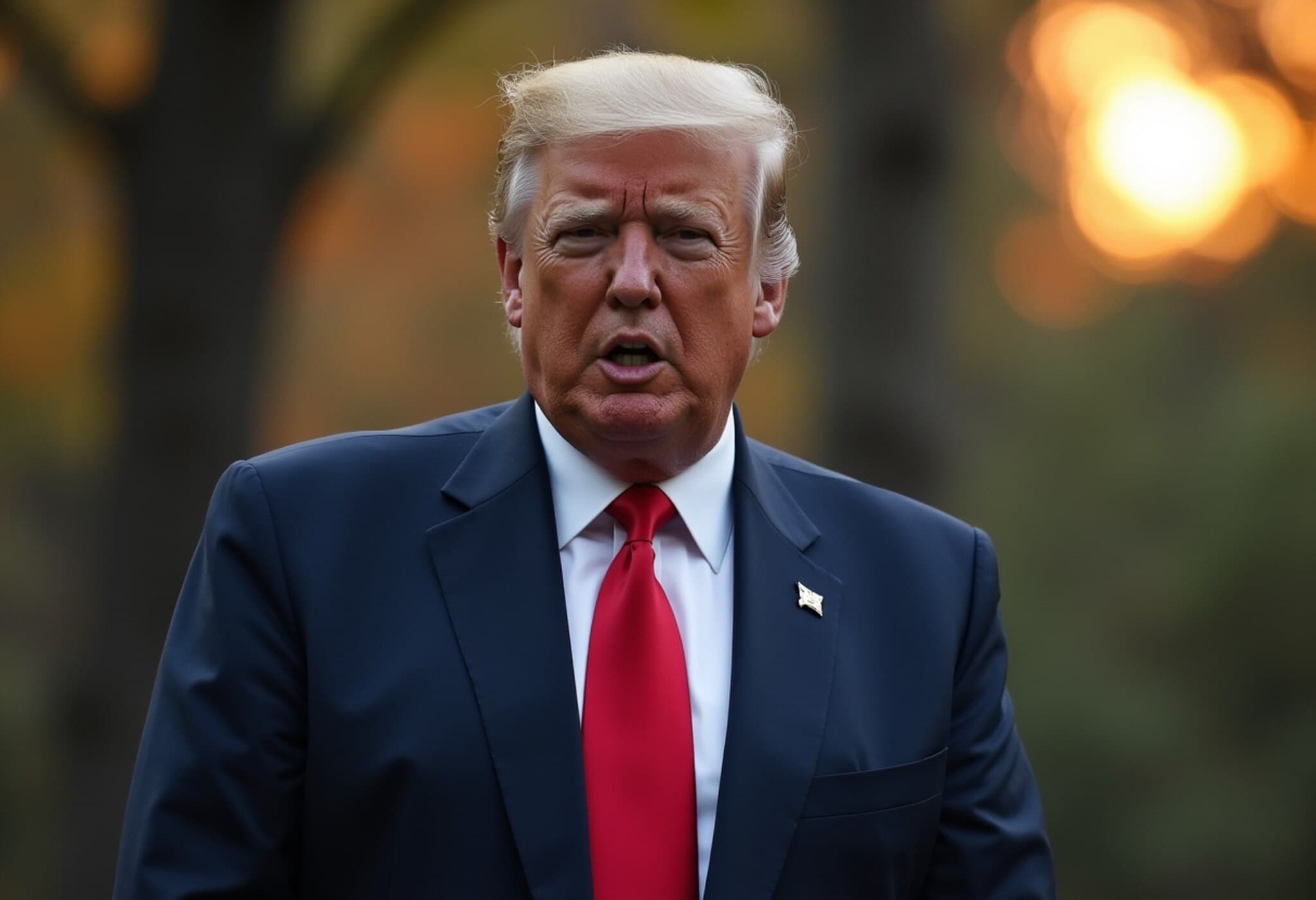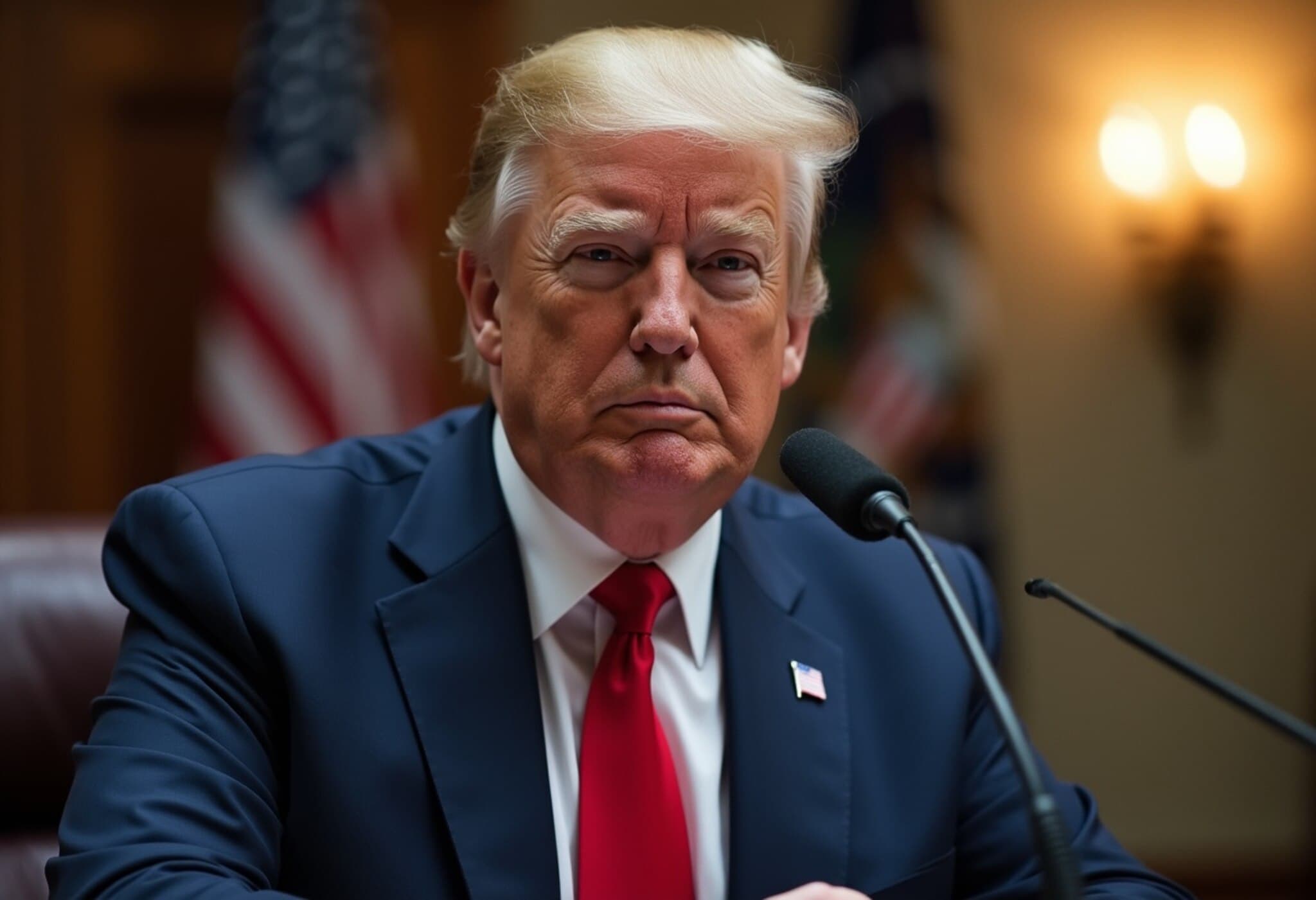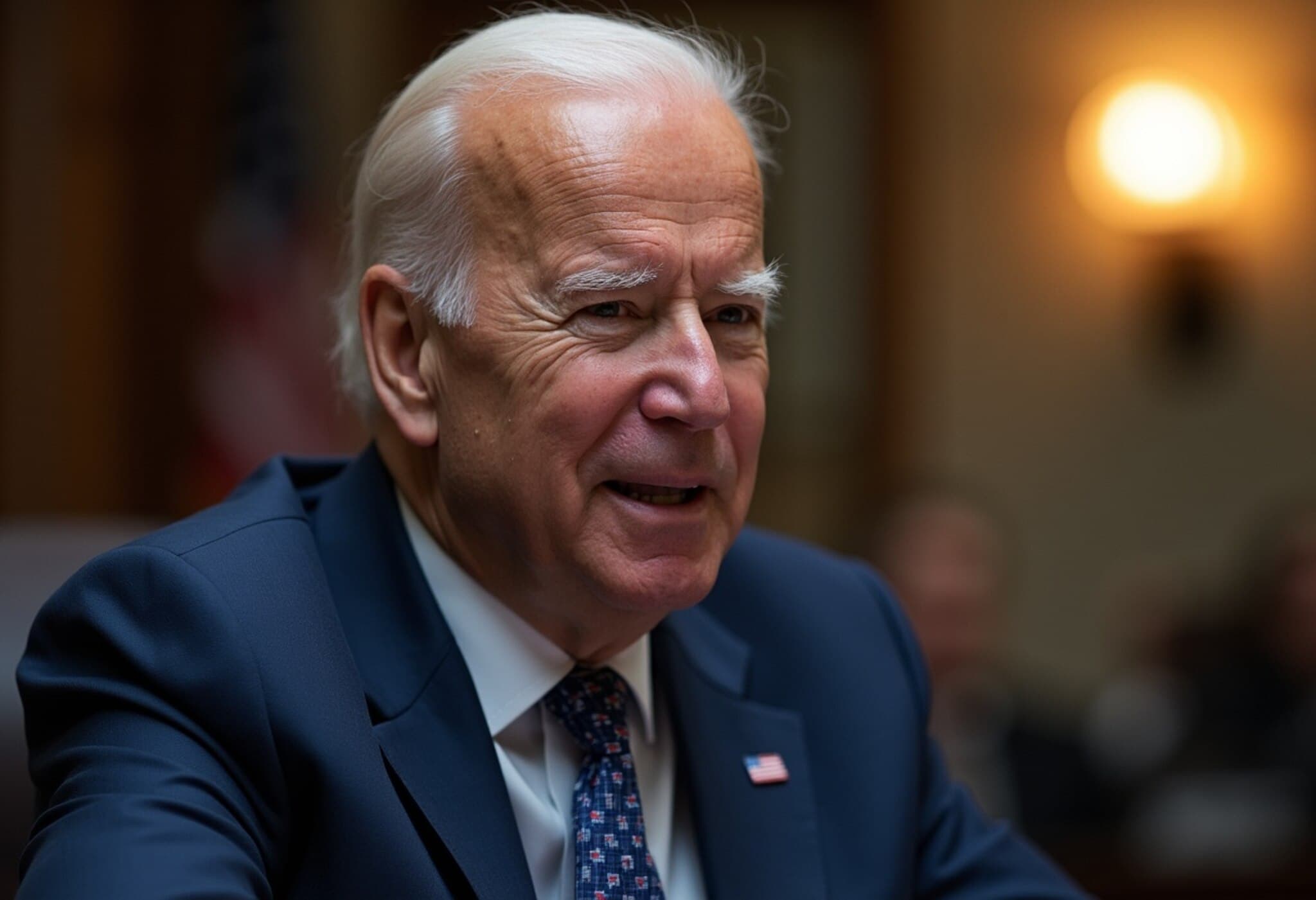Gita Gopinath Announces Departure from IMF to Rejoin Harvard
In a significant move that has captured the attention of the global economics community, Indian-American economist Gita Gopinath revealed through her social media that she will be stepping down from her role as the First Deputy Managing Director of the International Monetary Fund (IMF) in August 2025 to resume her academic career at Harvard University.
Gopinath, widely acclaimed as the IMF’s first female Chief Economist before her current leadership role, articulated her decision as a heartfelt return to her “academic roots.” She plans to rejoin the Harvard Economics Department starting September 1, 2025, where she will hold the newly established position of Gregory and Ania Coffey Professor of Economics.
Profile: The Journey of a Trailblazing Economist
Born in 1971, Gopinath’s trajectory is a compelling narrative of relentless pursuit of excellence and breaking barriers. Raised and educated initially in India, she obtained degrees from the University of Delhi and the Delhi School of Economics. Pursuing higher education in the United States, she earned her Master’s from the University of Washington and a PhD from Princeton University, marking the foundation for a distinguished transnational academic and policy career.
She began her academic career as an assistant professor at the University of Chicago’s Booth School of Business (2001–2005) before moving to Harvard University, where she became the John Zwaanstra Professor of International Studies and Economics.
In January 2019, Gopinath transitioned to the IMF as its Chief Economist, a role in which she steered critical policy guidance during turbulent global economic circumstances—including the COVID-19 pandemic—before her elevation to First Deputy Managing Director in January 2022.
Her Impact at the IMF
Under Gopinath’s stewardship, the IMF navigated unprecedented challenges. IMF Managing Director Kristalina Georgieva praised her as an “outstanding colleague and exceptional intellectual leader” whose commitment extended beyond technical expertise to genuine care for the well-being and growth of IMF staff. One of Gopinath’s landmark contributions was co-authoring the 'Pandemic Plan,' an initiative designed to accelerate global vaccination efforts efficiently and affordably, filling a crucial gap in international pandemic response.
Expert Insight: A Strategic Shift Back to Academia
Gopinath’s return to Harvard underscores a broader trend where leading economists oscillate between policy institutions and academia, enriching both spheres. Her move is expected to bolster Harvard’s economics program, especially as it positions itself at the intersection of academic rigor and applied global economic policy.
From a policy perspective, her departure invites reflection on the IMF’s evolving leadership dynamics amid ongoing global economic uncertainties, including inflation pressures, supply chain disruptions, and geopolitical shifts influencing multilateral economic cooperation.
Why This Matters: The Crossroads of Policy and Scholarship
- Leadership Transition: How will the IMF sustain continuity in its economic strategies without Gopinath’s experienced guidance?
- Academic Influence: Can Gopinath’s real-world policy insights reshape economic research and pedagogy at Harvard?
- Diversity & Representation: As the first female IMF Chief Economist with Indian-origin roots, her career has been inspirational for diversity in global economic governance.
Her journey resonates especially in the American context, where policymakers and academics increasingly collaborate to tackle systemic economic challenges. Gopinath’s active bridge-building between theory and practice exemplifies this critical synergy.
Looking Forward
Gita Gopinath’s next chapter at Harvard promises to generate fresh economic scholarship infused with frontline experience. For students, colleagues, and global economic watchers, her career offers a compelling case study in navigating and shaping global economic discourse.
Editor's Note
Gita Gopinath’s departure from the IMF signals more than a career pivot—it highlights the evolving relationship between global financial governance and academia. As the world grapples with complex economic challenges, the interplay of experienced policy leaders returning to classrooms could accelerate innovative solutions. Readers are encouraged to reflect on how expertise migrates between fields and the vital role of inclusive leadership in shaping economic futures.

